Supplements for rabbits can boost your bunny’s health and well-being. While a balanced diet of hay, fresh veggies, and pellets is essential, sometimes your rabbit needs extra support to thrive. Certain nutrients, like vitamins and minerals, might not always be adequately provided through food alone. This is where supplements come in, offering a way to fill those gaps and ensure your rabbit gets all the nutrients they need to live a long, healthy life.
In this article, we’ll explore the world of rabbit supplements and how they can help keep your furry friend happy and healthy. From digestive aids to vitamins that promote vitality, we’ll cover everything you need to know to choose the best products for your bunny. Understanding the different types of supplements available and their benefits will help you make informed decisions. Read on to discover how the right supplements can impact your rabbit’s health and happiness.
Essential Nutrients and Supplements for Keeping Your Rabbit Healthy
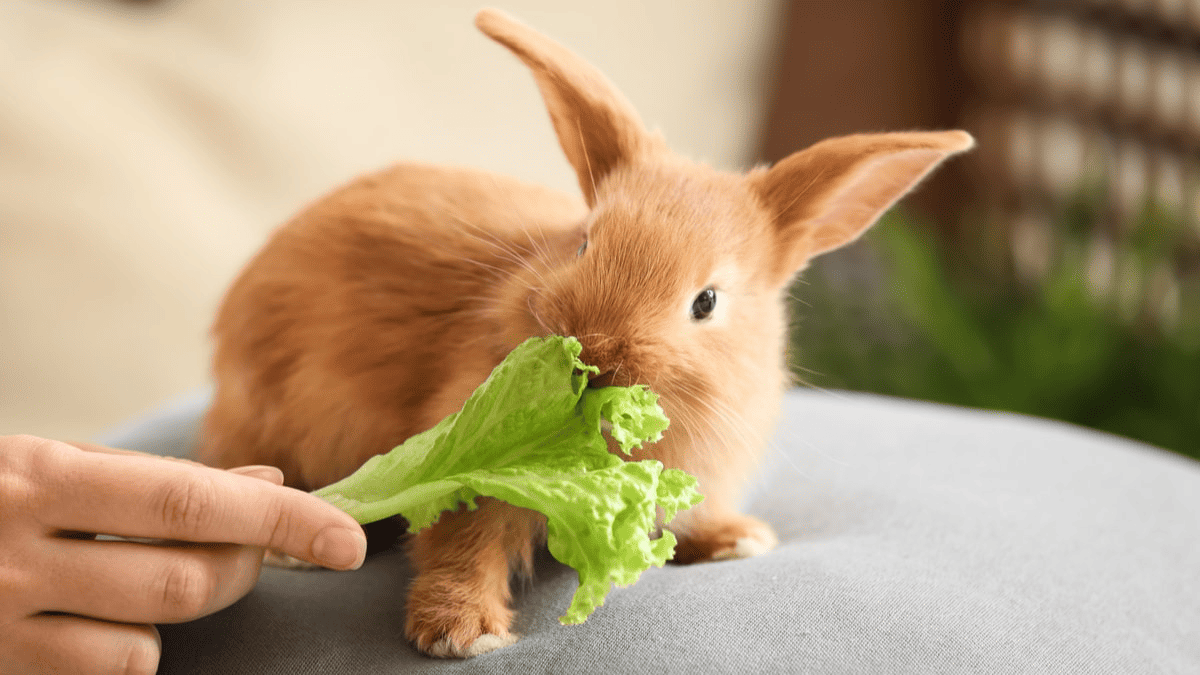
Rabbits are fun pets, but keeping them healthy can be tricky. You might wonder if your furry friend needs extra vitamins or minerals. Supplements for rabbits can help provide those additional nutrients when needed. Rabbits need specific nutrients like fiber, protein, and vitamins A, D, and E to stay healthy.
Good food is key for your rabbit’s health. A mix of hay, fresh veggies, and pellets often gives them what they need. But sometimes, rabbits might need more help. That’s where supplements come in. They can fill gaps in your pet’s diet and boost their health.
Picking the right supplements matters. You want safe, high-quality products made just for rabbits. Some supplements can help your rabbit’s digestion. Others might make their coat shinier or help them feel better overall. It’s all about finding what works best for your unique bunny.
Key Takeaways
- While a balanced diet of hay, veggies, and pellets is essential, rabbit-specific supplements can help provide extra vitamins and minerals that may be lacking.
- Probiotics are beneficial for maintaining healthy digestion, particularly during stress or after illness, supporting your rabbit’s gut health.
- Always choose rabbit-specific supplements with natural ingredients, and consult a vet before introducing new products to ensure safety and effectiveness.
- Monitor your rabbit’s health regularly, including behavior, diet, and physical condition, to determine whether supplements are needed.
- Supplements should enhance a rabbit’s nutrition, not as a substitute for a well-rounded, fiber-rich diet of hay, fresh veggies, and a controlled amount of pellets.

Understanding Rabbit Nutrition
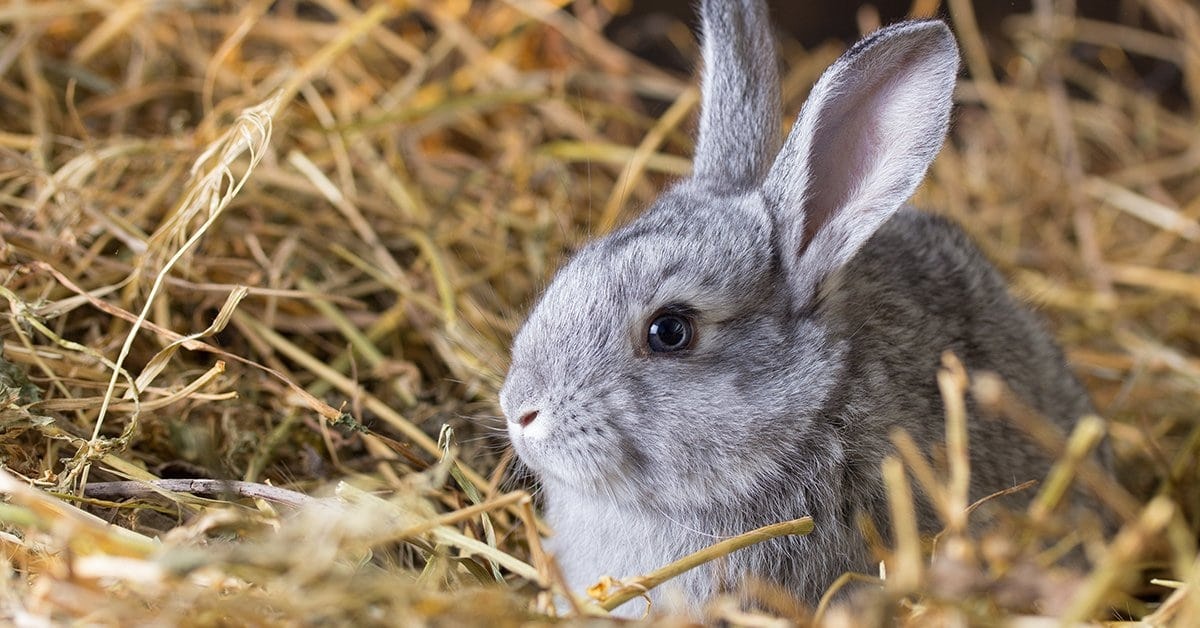
Proper nutrition is key to keeping your rabbit healthy, and supplements for rabbits can play an important role in meeting their unique dietary needs. Rabbits require specific nutrients and foods to thrive, and sometimes, their diet may need a little extra boost to ensure they’re getting everything they need.
Essentials of a Rabbit’s Diet
A rabbit’s diet should consist mainly of hay. Hay provides the fiber needed for good digestive health. Aim to give your bunny unlimited daily access to fresh hay. Pellets can supplement your rabbit’s diet. Choose pellets made with natural ingredients. Limit pellets to about 10-20% of your rabbit’s total food intake.
Fresh vegetables are important, too. Offer a variety of leafy greens like romaine lettuce, parsley, and cilantro. Introduce new veggies slowly to avoid tummy troubles. Water is crucial. Make sure your rabbit always has clean, fresh water available.
The Role of Vitamins and Minerals
Rabbits need specific vitamins and minerals to stay healthy. Vitamin D aids in calcium absorption, while calcium and phosphorus are crucial for strong bones and teeth. Vitamin A supports eye health and immune function, and Vitamin E serves as an antioxidant.
Iron helps carry oxygen in the blood. A balanced diet usually provides these nutrients. Most rabbits don’t need vitamin supplements if they eat a varied diet. Always talk to your vet before adding any supplements to your rabbit’s food.
Digestive System Overview
Rabbits have a unique digestive system. They’re herbivores, meaning they only eat plant-based foods. Their long intestines help break down tough plant fibers. Rabbits practice cecotrophy. This means they eat some of their own droppings to get extra nutrients.
It’s normal and healthy for them to do this. GI stasis is a serious condition where the digestive system slows down or stops. A diet high in fiber can help prevent this problem. If your rabbit stops eating or pooping, call your vet right away.
Specific Supplements for Rabbits
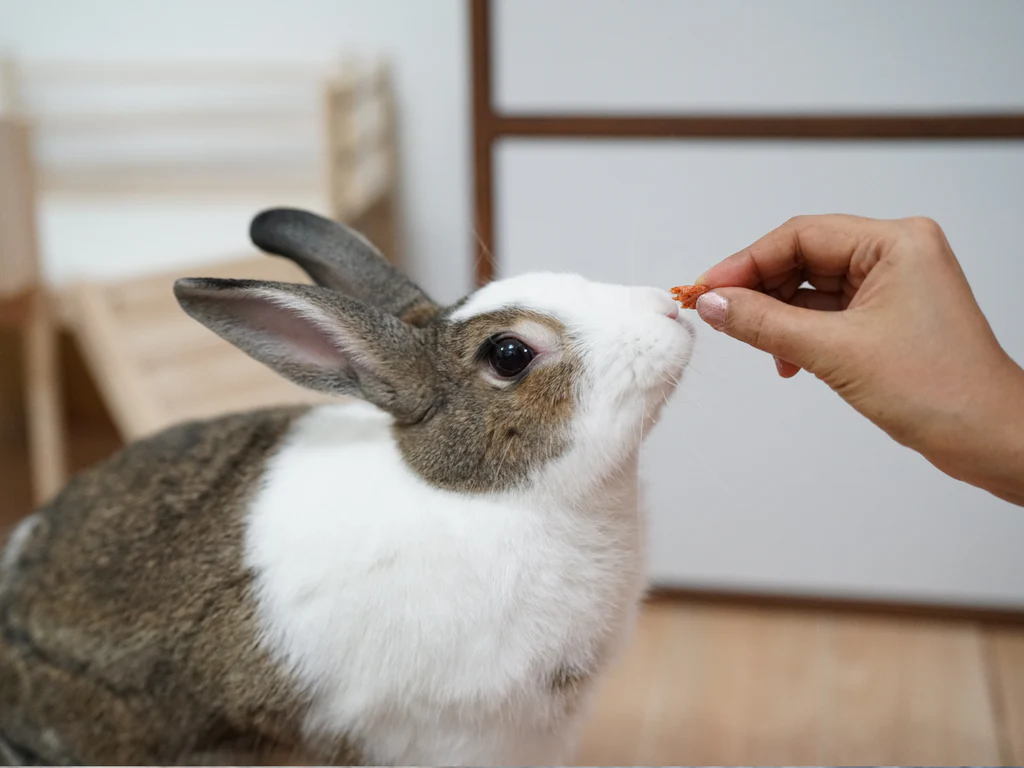
Rabbits need a balanced diet to stay healthy. Sometimes, they might need extra help from supplements for rabbits. Let’s look at some useful supplements for your furry friend.
Probiotics and Digestive Health
Probiotics are good for rabbit digestion. They help keep your bunny’s tummy happy. Equa Holistics HealthyGut Probiotics is a popular choice. It can help with:
- Upset stomachs
- Gas
- Soft poop
Give probiotics when your rabbit is stressed or on antibiotics. They’re also good after your bunny has been sick. Always follow the directions on the package.
Vitamin and Mineral Supplements
Rabbits need vitamins and minerals to stay healthy. Most get what they need from a good diet. But sometimes they might need extra help. Oasis Rabbit Vita Drops can give your bunny a boost. They have:
- Vitamin A for eye health
- Vitamin D for strong bones
- Calcium for teeth and bones
- Iron for healthy blood
Oxbow Natural Science Multi-Vitamin is another good choice. It has natural ingredients and no fake stuff.
Herbal and Natural Supplements
Some herbs can be good for rabbits. They can help with different health issues. Chamomile can calm an upset tummy. Dandelion leaves are good for the liver. Peppermint might help with gas. Be careful with herbs. Too much can be bad. Always ask your vet before giving any new supplement.
Papaya Treats
Papaya can help rabbits with hairballs. It has enzymes that break down hair in the tummy. This can stop blockages. You can give fresh papaya or papaya tablets. Oxbow Natural Science Papaya Support is a good option. It’s made just for small pets. Don’t give too much papaya. It’s high in sugar. A small piece once or twice a week is enough.
Sunflower Seeds
Sunflower seeds are tasty treats for rabbits. They have good fats and vitamin E. But they’re high in calories. Give only a few seeds at a time. Too many can make your bunny fat. Stick to 1-2 seeds per day for small rabbits. Always give raw, unsalted seeds. Roasted or salted ones are bad for bunnies.
Microgreens
Microgreens are baby plants. They’re packed with nutrients. Some good ones for rabbits are:
- Wheatgrass
- Alfalfa sprouts
- Radish sprouts
They’re high in vitamin K. This helps blood clot. Microgreens are also full of fiber. Give a small handful a few times a week. Wash them well first. Grow your own to make sure they’re safe and clean.

Did You Know?
Vitamin E is crucial for rabbit welfare, supporting their immune system and skin health. It is found in small amounts in hay and leafy greens. Sunflower seeds, which are rich in Vitamin E, can be offered as an occasional treat, though they should be given sparingly due to their high-fat content.
Feeding Practices for Optimal Health
Good feeding practices are key for your rabbit’s health. They help make sure your bunny gets the right nutrients and stays happy. However, sometimes, adding supplements for rabbits can help fill any gaps in their diet, ensuring they get all the essential vitamins and minerals they need to thrive.
Balancing Supplements with Regular Diet
Rabbit nutrition is more than just pellets. You need to mix different foods for the best health. Give your bunny lots of hay – it should be 85-90% of what they eat each day. Fresh veggies are important, too. Offer 1-2 cups daily, with lots of leafy greens. This gives your rabbit fiber and vitamins.
Use pellets in small amounts. For a 6-10 pound rabbit, about 1/4 cup is enough. Pellets have extra nutrients but shouldn’t be the main food. When adding supplements, be careful. Too much can upset the balance. Always check with your vet first.
Monitoring Health and Diet
Watch your rabbit’s poop – it tells you a lot about their health. Small, round droppings are good. Wet or sticky poop means something’s wrong. Check your bunny’s weight often. Rapid changes can be a sign of health issues. Healthy fur is another good sign. It should be soft and shiny.
Look at how much your rabbit eats. If they stop eating, it could lead to GI stasis, which is dangerous. Always have fresh water available. Keep a log of what you feed your rabbit. This helps you spot patterns and make sure they’re getting a good mix of foods.
Check out this video about the top 10 superfoods for your rabbit.
By: Superfoods for CATS
Do Long-haired Rabbits Need Special Supplements?
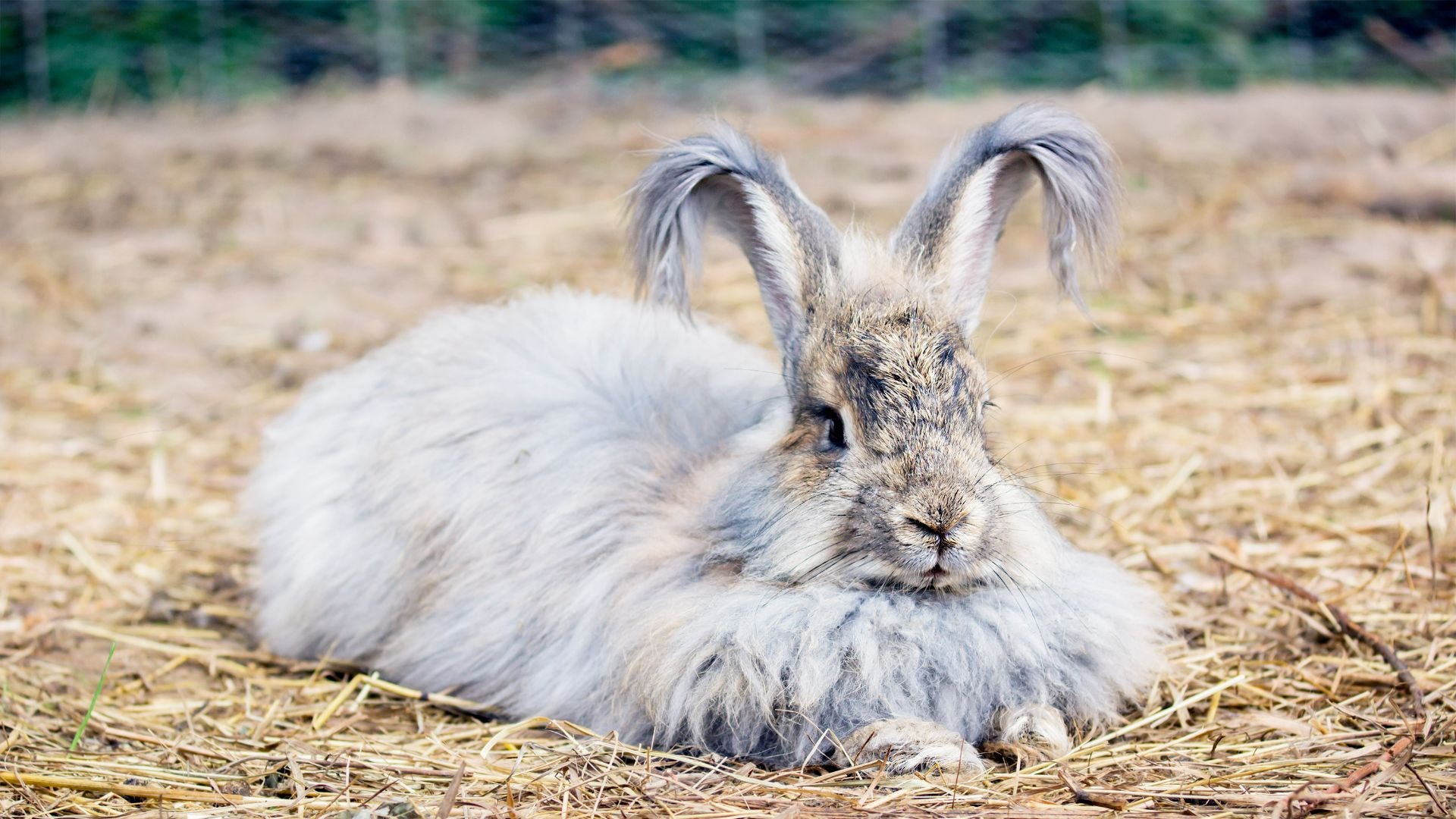
Long-haired rabbits have unique needs due to their luxurious coats. While they don’t necessarily require special supplements for rabbits, they may benefit from some extra care. A balanced diet is key for all rabbits, including long-haired breeds. Make sure your fluffy friend gets plenty of hay, fresh veggies, and a small amount of pellets.
Grooming is extra important for long-haired bunnies. Regular brushing helps prevent hairballs, which can cause digestive issues. To support their digestive health, you might consider papaya or pineapple supplements. These contain enzymes that may help break down ingested hair.
Omega-3 fatty acids can promote a healthy coat. You can find these in small amounts of flaxseed or chia seeds. Add them to your rabbit’s diet in moderation. Water is crucial for long-haired rabbits. They may need more to stay hydrated, especially during shedding seasons. Always provide fresh, clean water.
Remember, supplements should complement a healthy diet, not replace it. If you’re unsure about your long-haired rabbit’s needs, consult with a vet who specializes in exotic pets. Keep an eye on your bunny’s overall health. A shiny coat and good energy levels are signs that your long-haired friend is getting the right nutrition.
Considerations for Small Pet Owners
Picking the right supplements for rabbits can be tricky. Different animals have unique needs. It’s important to understand what’s best for your furry friend.
Differences in Dietary Needs
Small pets have varied diets. Rabbits and guinea pigs are herbivores. They need lots of fiber. Hamsters and gerbils are omnivores. They eat both plants and small insects. For herbivores, focus on fiber-rich supplements. Look for products with timothy hay or other grasses. These help keep their digestion healthy.
Omnivores need a mix of nutrients. Protein supplements can be good for them. But don’t overdo it. Too much protein can cause health issues. Always check with your vet before adding new foods or supplements. They can guide you on the right amounts for your pet’s size and health.
Choosing Supplements for Various Small Pets
When picking supplements, think about your pet’s specific needs. Older rabbits might benefit from joint health supplements. These often contain glucosamine and chondroitin. For guinea pigs, vitamin C is crucial. Their bodies can’t make it on their own. Look for vitamin C supplements made just for them.
Hamsters and gerbils may need fewer supplements if they eat a varied diet. But multivitamins can help fill in gaps. Choose ones made for small pets. Always read labels carefully. Make sure the supplement is safe for your type of pet. Start with small amounts to see how your pet reacts. If you notice any odd behavior, stop the supplement and talk to your vet.
Safety and Quality of Rabbit Supplements
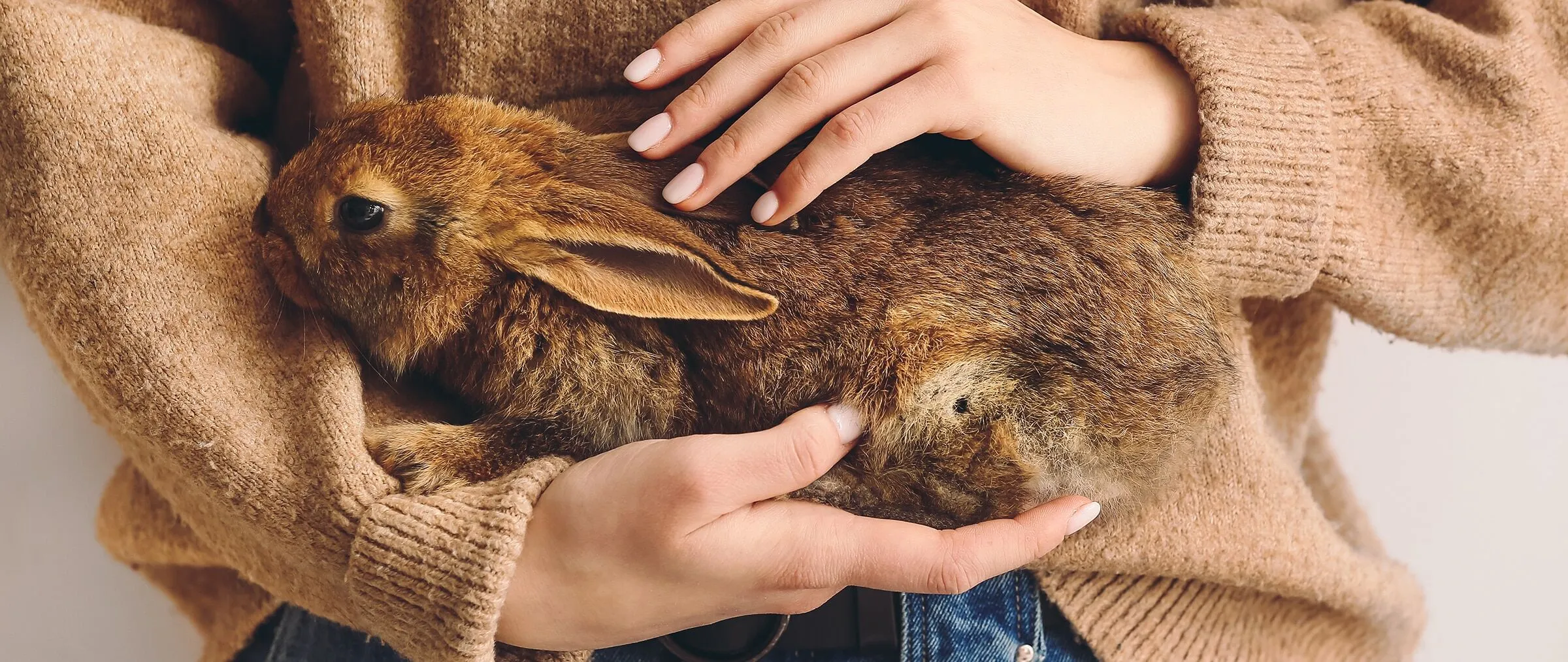
When giving supplements for rabbits to your furry friend, safety comes first. Always pick products made specifically for rabbits. Don’t use human or dog vitamins – they can harm your bunny. Look for supplements with natural ingredients. These are often easier for rabbits to digest. Amino acids and antioxidants can be good for your pet’s health.
Check the label carefully. Make sure it lists all ingredients. A good supplement will match your rabbit’s dietary needs. Remember, most rabbits get what they need from a balanced diet. Quality matters, too. Choose trusted brands that follow strict manufacturing rules. This helps ensure the supplement is pure and safe.
Talk to your vet before starting any new supplement. They can help you pick the right one for your rabbit’s specific needs. Don’t overdo it! More isn’t always better with supplements. Follow the dosage instructions carefully. Too much of even a good thing can be bad for your bunny.
Store supplements properly. Keep them in a cool, dry place. Check the expiration date and toss any that are old. Remember, supplements shouldn’t replace a healthy diet. They’re meant to add to your rabbit’s nutrition, not be the main source.
Check out this video on the top 20 superfoods for your bunny.
By: Superfood for RODENTS & RABBITS
The Ultimate Guide to Rabbit Supplements for a Healthier Bunny
Supplements for rabbits are a valuable addition to their care routine, ensuring that your bunny receives the proper nutrients needed for a healthy, vibrant life. While a well-rounded diet of hay, fresh veggies, and pellets forms the foundation of your rabbit’s nutrition, supplements can help bridge any gaps, particularly when your rabbit faces health challenges or requires specific support, such as digestive aids or extra vitamins. It’s essential to choose rabbit-specific supplements that are safe and of high quality to maintain your bunny’s well-being. Always consult your vet before introducing new supplements to ensure they complement your rabbit’s dietary needs.

Moreover, monitoring your rabbit’s overall health, including their diet, behavior, and physical condition, is crucial in assessing whether they need supplements. A balanced diet remains the cornerstone of your bunny’s health, but when combined with the right supplements, you can help boost their immune system, digestive health, and overall vitality. By choosing appropriate supplements, keeping an eye on their health, and working closely with your vet, you can enhance your rabbit’s quality of life, ensuring they remain happy and healthy for years to come.
Frequently Asked Questions
Rabbits need specific nutrients to stay healthy. Supplements can help fill gaps in their diet. Let’s explore some common questions about rabbit supplements and nutrition.
What Are the Top Recommended Supplements to Maintain Rabbit Health?
Digestive support supplements can be helpful for rabbits. These aid in gut health and digestion. Multi-vitamin supplements are also good choices. They provide extra nutrients during times of stress or recovery.
How Can I Naturally Enhance My Rabbit's Diet?
Fresh veggies are a great way to boost your rabbit’s nutrition. Offer leafy greens like romaine lettuce, cilantro, and parsley. Herbs can add variety and nutrients. Try giving small amounts of basil, mint, or dill as treats.
What Essential Vitamins Are Often Required by Rabbits?
Vitamin A is crucial for rabbits. It helps with vision, growth, and immune function. Vitamin D is also important. It aids in calcium absorption for strong bones and teeth.
Are There Any Homemade Supplement Options Beneficial for Rabbits?
You can make simple treats with nutritious ingredients. Dried herbs mixed with a bit of oatmeal can be a healthy snack. Pureed pumpkin or squash can be frozen into small cubes. These make great vitamin-rich treats.
What Signs Should I Look Out for That Indicate a Vitamin Deficiency in My Rabbit?
Watch for changes in your rabbit’s coat. Dull fur or excessive shedding might mean a nutrient imbalance. Poor appetite, lethargy, or weight loss can also signal deficiencies. If you notice these signs, talk to your vet about possible vitamin supplements.
Join Our Social Media Community and Share the Bunny Love!
Are bunnies your passion? They are ours at The Rabbit Hop! Become a part of our online family and dive into:
🐰 Bunny Fun: Delight in adorable videos, learn unique facts, and pick up tips for a happy, healthy bunny!
🛍️ Product Recommendations: Discover top-rated products that are perfect for your fluffy friend.
🤝 Bunny Network: Connect with other bunny enthusiasts who share your love for these cuddly companions.
Follow us on:



